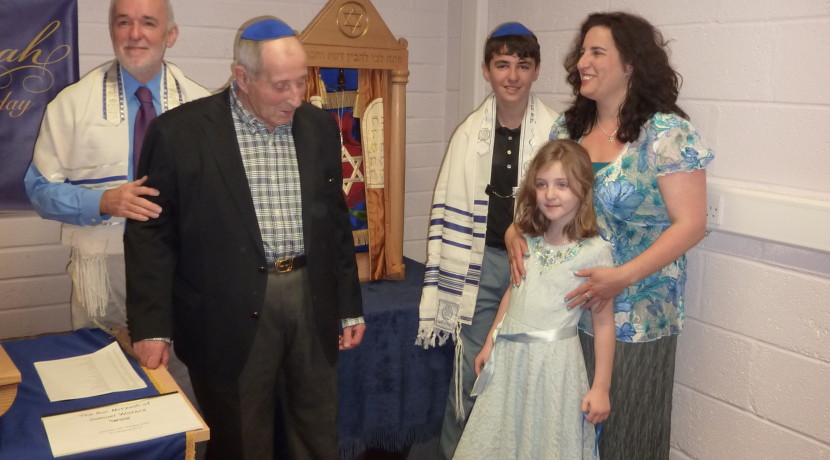ELKAN’S VIEW FROM CAPE TOWN 9TH November 2015
South African Jewry is unique in world Jewish history. Some of the early Jewish settlers became Boers, spoke Afrikaans, and fought against the British during the Boer War despite the very strong anti-Semitic views of Pres Kruger.
The majority of Jews however immigrated at the end of the 19th century mainly from the Kovno district of Lithuania. Almost all stayed for several nights in the Jews Temporary Shelter at the expense of the Union Castle shipping line. In order to reclaim their lodging fees, the Shelter kept very detailed records which have proved an invaluable source for historians.
In 1880 there were about 4,000 Jews in South Africa, and 40,000 by 1914. Jews were integrated in South African society, although the pro-Nazi views of some Afrikaners made life difficult in the 1930’s. Financially the community did very well in a variety of businesses, especially ostrich feathers in the early days!
South African Jews were always very strongly Zionist. The community maintained warm relations with the National party government after the Second World War, and contacts between South Africa and Israel were extremely cordial until fairly recently. Many South Africans made Aliyah and particularly settled in Ra’anana, occasionally known as “Ra’ananafontein”!
The oldest synagogue is the Garden Synagogue in Cape Town where I look forward to davening this Shabbat. Founded in 1841 it is regarded as the mother congregation of South African Jewry.
The community in Johannesburg is also a very strong and has had a series of important rabbis. JH Hertz ministered there during the Boer War and was expelled by President Kruger for his pro-British sympathies. Many of us remember Chief Rabbi Cyril Harris with great affection, and the whole “Shabbat UK” program and its worldwide variations is the brainchild of the current Chief Rabbi Warren Goldstein.
Among notable South African Jews are Abba Eban and Chief Rabbi Ephraim Mirvis, while Jan Christian Smuts the South African political leader was a major supporter of the Balfour Declaration and the State of Israel – I remember my father taking me as a small boy to hear Smuts speak at a Zionist meeting in London.


